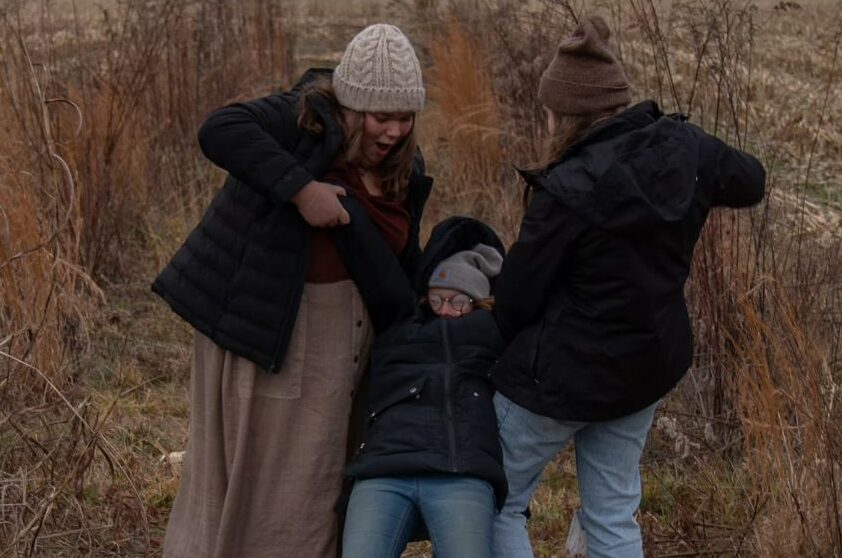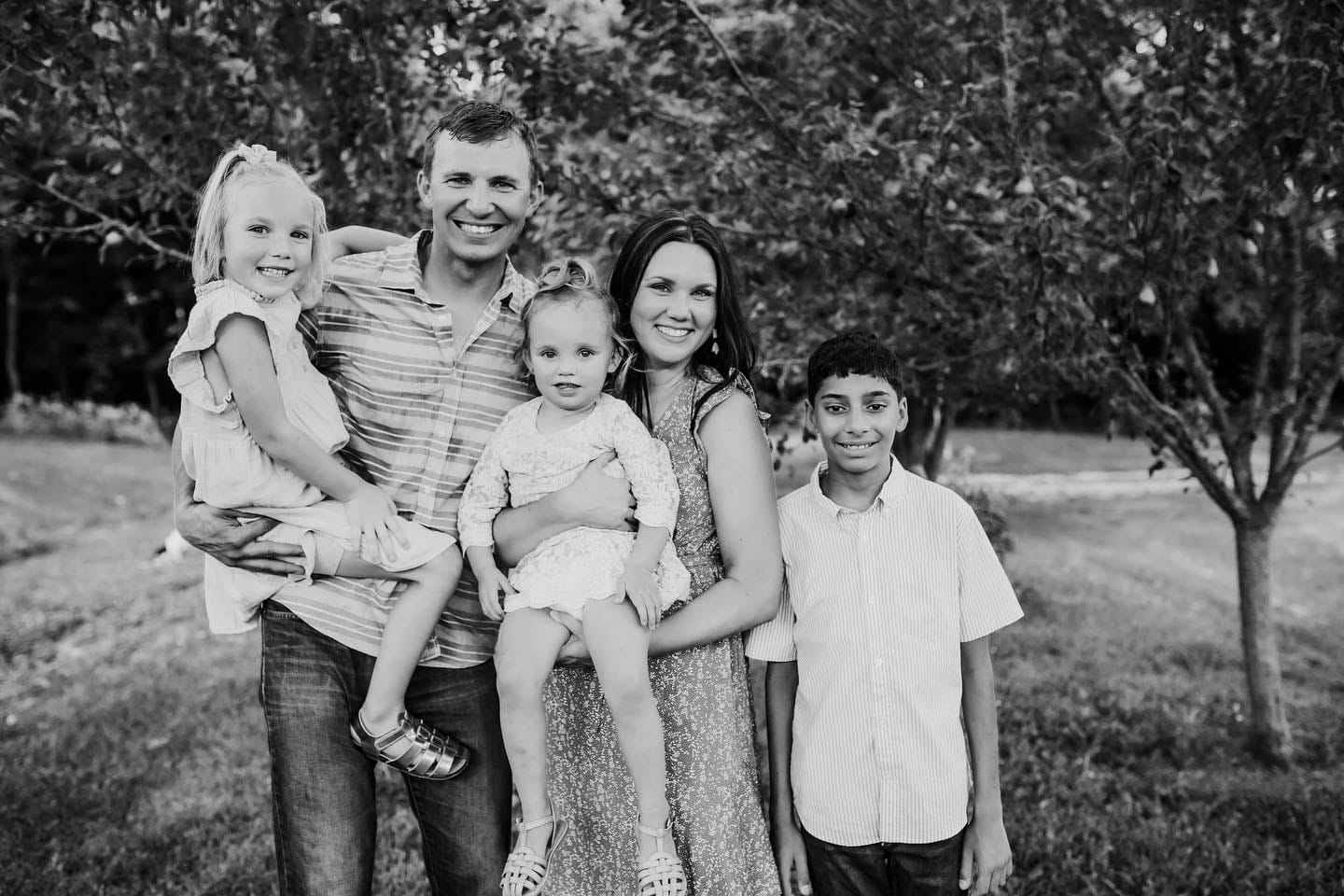Having lived and worked in many countries + cultures around the world, we have found that finding ethical and trustworthy organizations can be a hard task. Today, we bring you one expat, turned Mwana Sponsor, to share a firsthand view of supporting an ethical organization!

“Westerners are so bombarded by people seeking money or other kinds of financial or material assistance, they begin to believe that all needy Africans are out and about aggressively asking for help. This is far from being true. In many African cultures, the most needy people are the most hesitant to ask for help. In contrast, more aggressive, blatant requests are typically indications that the petitioner is manipulative, professional, or at least more practiced. Whether needy people are restrained or bold about asking for help seems to depend a great deal on the person’s culture, religion, individual scruples and values, and, of course, on his self-definition of “needy.” “
― David E. Maranz, African Friends and Money Matters, Second Edition: Observations from Africa
Having lived and worked in East Africa for a few years in my mid-20s, I still bear the marks of joy mixed with heartbreak from my time there. Uganda and its beautiful people captivated my heart with its rhythm, magnetizing potential and manifesting vulnerability. But my naivety, youth and western understanding of partnership took major hits in the following years as the ugly side of development work, ministry and exchange of money in a impoverished country was laid bare. Our organization built a large children’s home from the ground up, drilled wells, established a widows community organization (now the thriving Akola Project) and met many other “on the ground” needs. Little else aside from the Akola Project remains from our time and efforts during those years. We set out with a strong belief that true and fair partnership with local community leaders was not only possible but necessary to build an organization of western and African cohesion. However, our partners were more the aggressive and loud variety as referenced by David E. Maranz above, and money mixed with cultural differences and theft lead to heaps of heartache.
I build that picture of my personal past to introduce Mwana, an organization that has rebuilt my hope and trust that true partnership between African organizations and the West can and does exist. I was hesitant to join a small team to the Republic of Congo this past spring due to my cynicism and lingering scars of disappointment. Children’s homes specifically give me pause because this is where we saw a majority of the corruption surrounding our work. However, as I drew closer to Mwana and its unique 3-pronged leadership team, I was so encouraged and excited to learn about and witness their work on the ground in Congo.
The 10 days we spent in Congo taught me much about Mwana as an organization and Congo as a country with a unique set of challenges. In Congo, there is plenty of attention offshore due to the profitable oil industry but there is little attention where is should be, on the impoverished and vulnerable. The lack of NGO and non-profit presence in Congo was striking when compared to other countries like Uganda. I think one of the main reasons for this is simply that Congo is not as fertile of ground to non-profits as other areas in Africa. The political climate, high cost of living and operations mixed with language barriers (Republic of Congo is primarily French speaking) creates a climate that is not necessarily easy for non-profits, specifically from the United States. There is an absence in Congo, and Mwana is standing bravely in that gap and serving beautiful families and children of incredible need.
Mwana is a refuge that seeks to first and foremost nurture the family. This is a unique trait and true aim that sets it apart from other children’s homes I have witnessed. Women in Congo, like most women in Africa, are often faced with the overwhelming task of caring for children without skills or education to provide. Upon entering Mwana’s walls, it is very clear that Mwana is more than an orphanage; it is a home, a community and a beacon for families and children in distress. Adoption is seen as the last opportunity for children to leave Mwana and enter a family. This culture of preservation is so important and commendable. Mwana is not looking to grow their numbers and boast how many childen it cares for – they celebrate the reunification of children with their families and encourage the family unit in Congo. Mwana’s chief aim is not a construction project, it is to care for each child and woman within its walls with dignity and love of the highest quality care possibly. They seek to provide a loving and healthy temporary home for the children within its walls. This attitude of service and humility is not only admirable but incredibly rare. The partnership between the Congolese and Western staff is established and marked with checks for all to be held accountable. Finding true partnership between two cultures is a very difficult task and Mwana does it incredibly well. I am a proud supporter of Mwana and look forward to supporting their just and honest cause for many years to come.
-Ashley, Mwana Sponsor



